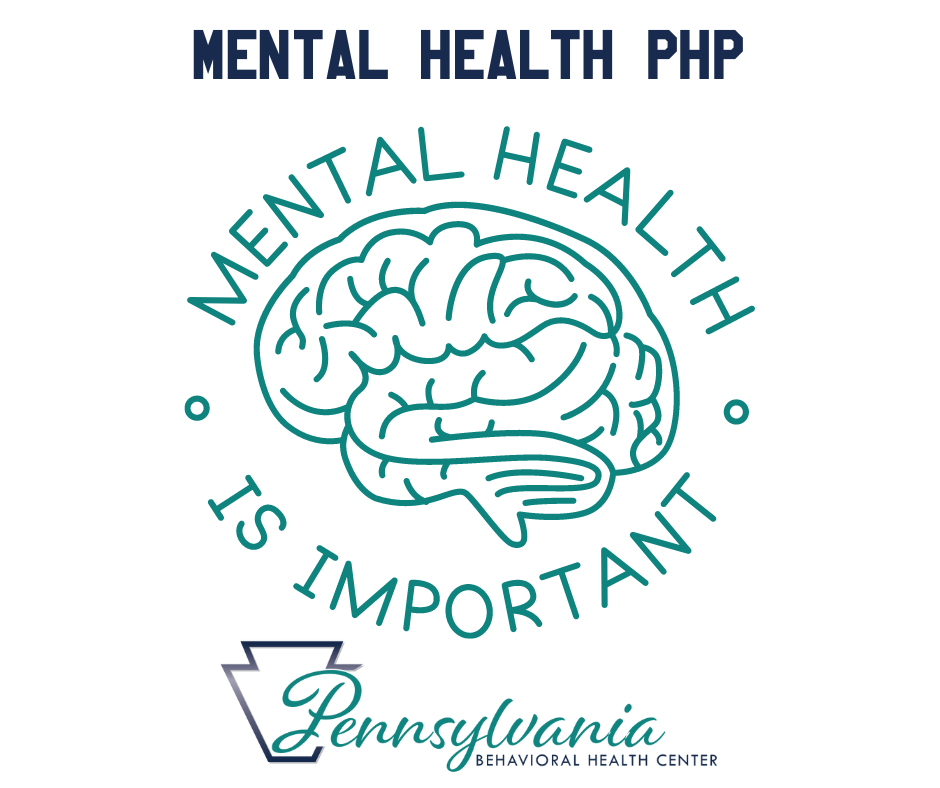Mental Health PHP

PHP for Mental Health
Medically Reviewed by: Jeffery Simon, MD
In today’s fast-paced world, our mental health often takes a back seat, and it’s no surprise that the demand for effective mental health treatment has never been higher. If you’re seeking help or know someone who is, you may have come across the term “mental health PHP.” In this blog, we’ll dive into the world of Partial Hospitalization Programs (PHP) for mental health, explore the different levels of care available, and provide you with a comprehensive guide to understanding this critical aspect of mental health treatment.
What is Mental Health PHP?
Partial Hospitalization Programs (PHP) have emerged as a vital bridge between inpatient and outpatient care for individuals grappling with mental health challenges. PHPs are structured, intensive treatment programs designed to provide comprehensive care without the need for full hospitalization. They offer a higher level of support and structure than traditional outpatient therapy, making them a powerful tool in the journey to mental health recovery.
Why Choose Mental Health PHP?
PHP programs offer a wide range of benefits for individuals facing mental health issues. Here are some compelling reasons why PHP may be the right choice for you or your loved one:
Structured Treatment: PHPs provide structured daily schedules, often resembling a full workday, with therapy, counseling, and group sessions, which can be particularly helpful for individuals requiring a routine to stabilize their mental health.
Intensive Therapy: With multiple therapy sessions each day, PHPs offer a more intensive treatment approach than traditional outpatient care, allowing for quicker progress.
Medical Oversight: PHP programs are often staffed with mental health professionals, including psychiatrists and nurses, who can monitor medication, provide medical support, and make necessary adjustments to treatment plans.
Peer Support: Group therapy is a cornerstone of PHPs, allowing individuals to connect with others facing similar challenges, fostering a sense of belonging and shared experiences.
Different Levels of Care in Mental Health Treatment:
Inpatient Care: Reserved for individuals in acute crisis, inpatient care provides 24/7 supervision and intensive therapy within a hospital setting.
Partial Hospitalization Programs (PHP): As discussed, PHP offers structured treatment during the day while allowing individuals to return home in the evenings.
Intensive Outpatient Programs (IOP): IOPs provide a step-down from PHP, offering a less structured but still intensive treatment schedule, typically consisting of several hours of therapy per week.
Outpatient Therapy: Traditional outpatient therapy includes individual or group therapy sessions, usually on a weekly or bi-weekly basis.
Statistics on Mental Health PHP:
Understanding the effectiveness of PHP programs is essential. Here are some key statistics to consider:
According to the Substance Abuse and Mental Health Services Administration (SAMHSA), in 2019, 1.9 million adults received treatment in specialty mental health programs, and PHPs played a crucial role in this.
A study published in the American Journal of Psychiatry found that individuals who completed PHP treatment had a significantly lower risk of hospitalization in the six months following treatment compared to those who did not.
The National Institute of Mental Health (NIMH) reports that mental health disorders affect approximately 51.5 million adults in the United States each year, highlighting the urgent need for effective treatment options like PHPs.
Partial Hospitalization Mental Health Treatment
Mental health PHP programs are a beacon of hope for those struggling with mental health issues, offering a bridge between inpatient and outpatient care. By providing structured treatment, intensive therapy, and a supportive community, PHPs have proven to be a valuable resource on the path to recovery. If you or a loved one are considering mental health treatment, don’t hesitate to explore the benefits of PHP programs and the various levels of care available. Your journey to mental well-being begins with the right support and treatment.

